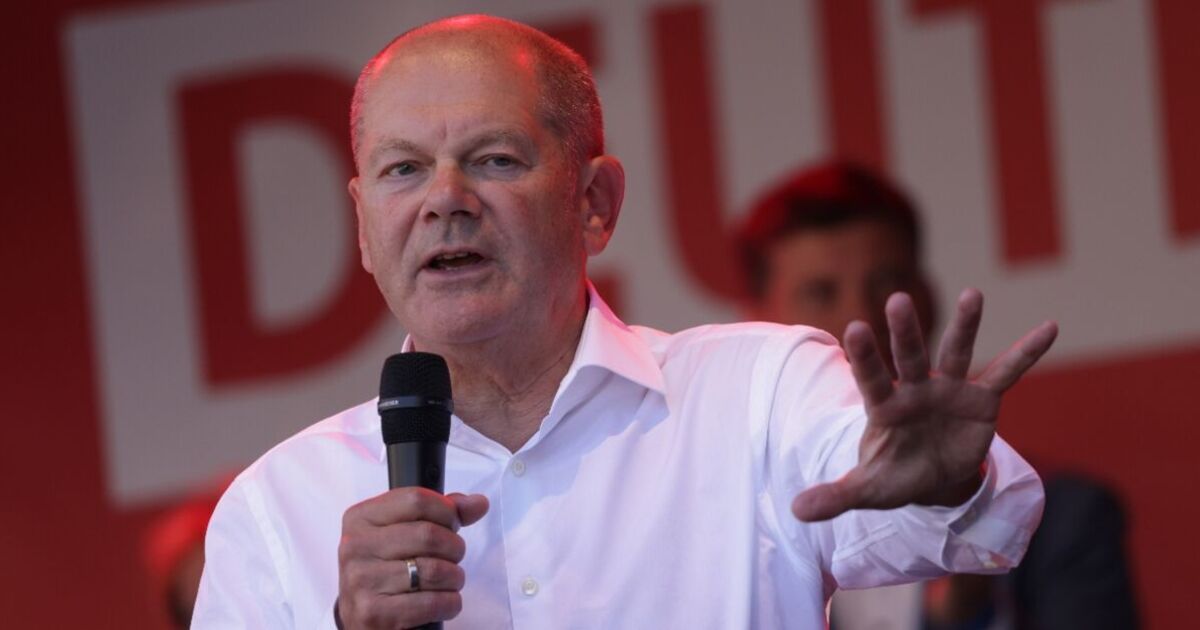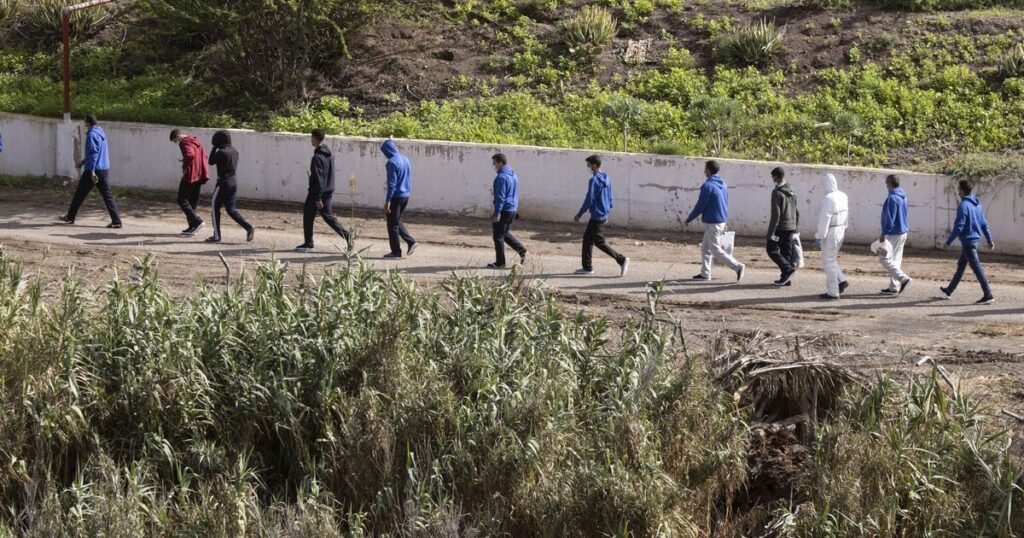The far-right Alternative for Germany party (AfD) is on track to become the strongest party in a state election for the first time in the east of the country.
AfD is also roughly level with mainstream conservatives in a second vote in another German state, according to exit polls published on Sunday (September 1).
Exit polls for ARD and ZDF public television put support for AfD at 30.5 to 33.5 percent in Thuringia and 31.5 percent in Saxony.
They put the centre-right Christian Democratic Union, the main opposition party at national level, at 24.5 percent in Thuringia and 31.5-32 percent in Saxony.
A new party founded by a prominent left winger has also made an impact, while parties in Chancellor Olaf Scholz’s unpopular national coalition government look set for weak results.
The strength of the new Sahra Wagenknecht Alliance, or BSW, which was seen taking up to 16 percent of the vote in Thuringia and 12 percent in Saxony, adds another level of complication.
Despite signs of success for AfD, it appears extremely unlikely any other party will agree to put it in power by joining the party in a coalition.
Even so, its strength is likely to make forming new state governments extremely difficult.
Alice Weidel, a national co-leader of AfD, told ARD: “This is a historic success for us.” She described the result as a “requiem” for Mr Scholz’s coalition.
The CDU’s National General Secretary, Carsten Linnemann, said his party will stick to its longstanding refusal to work with the AfD.
Ms Weidel denounced that as “pure ignorance” and said voters want AfD to participate in a a government.
Deep discontent with a national government notorious for infighting, anti-immigration sentiment, and skepticism over German military aid to Ukraine are among the factors that have contributed to support for populist parties in the region.
AfD is at its strongest in the formerly communist east, and the domestic intelligence agency has the party’s branches in both Saxony and Thuringia under official surveillance as “proven right-wing extremist” groups.
Its leader in Thuringia, Björn Höcke, has been convicted of knowingly using a Nazi slogan at political events, but he is appealing and claims he was unaware of its significance.
Mr Scholz’s centre-left Social Democrats at least appeared set to remain in the two state legislatures, despite some fears they wouldn’t.
But the Greens appeared set to lose their seats in Thuringia. The two parties were the junior coalition partners in both outgoing state governments.
A third state election is due on September 22 in the eastern state of Brandenburg, currently led by Mr Scholz’s party. Germany’s next national election is due in a little over a year.




Leave a Reply